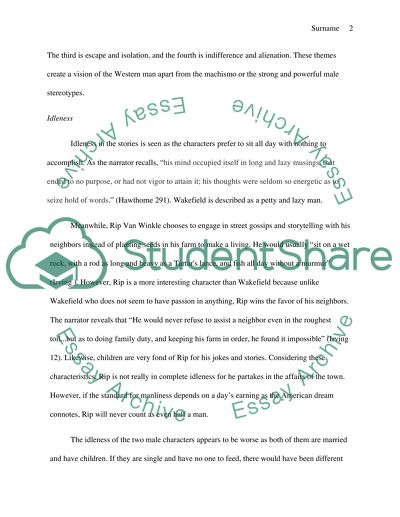Cite this document
(“A Man's Place in the World: an Inquiry into Men's Disposition in Essay”, n.d.)
A Man's Place in the World: an Inquiry into Men's Disposition in Essay. Retrieved from https://studentshare.org/literature/1432383-compare
A Man's Place in the World: an Inquiry into Men's Disposition in Essay. Retrieved from https://studentshare.org/literature/1432383-compare
(A Man's Place in the World: an Inquiry into Men'S Disposition in Essay)
A Man's Place in the World: an Inquiry into Men'S Disposition in Essay. https://studentshare.org/literature/1432383-compare.
A Man's Place in the World: an Inquiry into Men'S Disposition in Essay. https://studentshare.org/literature/1432383-compare.
“A Man's Place in the World: an Inquiry into Men'S Disposition in Essay”, n.d. https://studentshare.org/literature/1432383-compare.


